How can I ensure the glass bottles I purchase meet quality standards and regulations?
Purchasing glass bottles that meet quality standards and comply with regulations is crucial to maintain product integrity, safety, and consumer confidence. Here are essential steps to ensure the glass bottles you buy adhere to the necessary quality standards and regulations:
1. Choose Reputable Suppliers: Select reputable and established glass bottle suppliers known for their commitment to quality and compliance. Look for suppliers with a proven track record of delivering high-quality glass containers to various industries.
2. Check Certifications and Standards: Verify that the glass bottles meet relevant industry certifications and standards. These may include ISO (International Organization for Standardization) certifications and compliance with regional or international regulations, such as FDA (U.S. Food and Drug Administration) approvals for food and beverage packaging.
3. Inspect Product Samples: Request samples of the High-quality glass bottles you intend to purchase. Inspect the bottles for any defects, such as cracks, chips, or uneven glass thickness. Ensure that the bottles have smooth surfaces and uniform shapes, indicating consistent manufacturing processes.
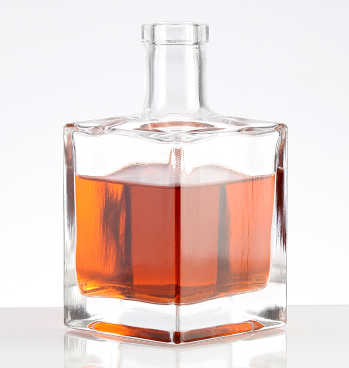
4. Evaluate Glass Quality: Assess the quality of the glass material used in the bottles. High-quality glass should be free from impurities, bubbles, or discolorations that may compromise the bottle's integrity.
5. Check for Recycled Content (If Applicable): If the glass bottles contain recycled content, verify that it meets the required quality standards and regulatory guidelines. Recycled glass should be properly cleaned and processed to ensure it does not adversely affect the new bottle's quality.
Additional resources:What is the best container for ice cream?
Is silicone or brush better for face?
Ultimate Guide to Heat Resistant Paper Sacks: Your Burning Questions Answered
Unveiling the Top BOPP Material Specifications Guide
Are liquid single-use bioprocessing bags worth the investment?
Ultimate Guide to Bulk Sublimation Paper: Everything You Need to Know
Are Standing Pouches the Future of Packaging?
6. Review Labeling and Markings: Ensure that the glass bottles have accurate and legible labeling, including product information, capacity, and any mandatory regulatory markings. Compliance with labeling requirements is essential, especially for industries like pharmaceuticals and food and beverages.
7. Assess Packaging and Shipping Practices: Consider how the glass bottles are packaged and shipped to prevent damage during transit. Adequate packaging, such as protective dividers and cushioning materials, should be used to minimize the risk of breakage.
8. Conduct Supplier Audits (If Possible): For significant purchases or long-term partnerships, consider conducting supplier audits to evaluate the supplier's manufacturing processes, quality control measures, and adherence to regulations.
9. Request Certificates of Compliance: Ask the glass bottle supplier for certificates of compliance or quality assurance documents that verify the glass bottles' compliance with relevant standards and regulations.
10. Seek Expert Advice: If you are unsure about specific regulations or quality requirements for your industry, seek advice from industry experts, regulatory authorities, or quality assurance professionals.
Conclusion: Ensuring the quality and regulatory compliance of the glass bottles you purchase is essential to safeguard the reputation of your products and the safety of consumers. By choosing reputable suppliers, inspecting product samples, evaluating glass quality, checking certifications, and adhering to regulatory requirements, you can confidently source Custom glass bottles that meet the highest quality standards and regulatory guidelines for your specific applications. Prioritizing quality in your purchasing decisions will contribute to the success and trustworthiness of your products in the market.
Which container is best for butter?
Ultimate Guide to 1 Gram Bags Buying
Which is better Pyrex or borosilicate?
Everything You Need to Know About Valve Silicone: FAQs Answered
How many cups of popped popcorn is in a bag?
What is metallized PET?
7 Ways Protective Paper Can Safeguard Your Items
295
0
0
Related Articles
-
232
0
0
-
217
0
0
-
What are the disadvantages of borosilicate glass?
When it comes to glassware, borosilicate glass is often hailed as the gold standard.
247
0
0
-
234
0
0
-
202
0
0
-
242
0
0
-
217
0
0
-
191
0
0

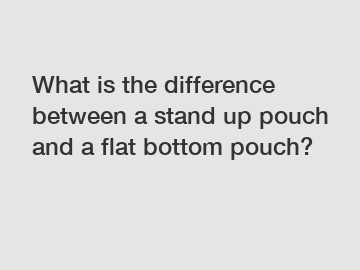
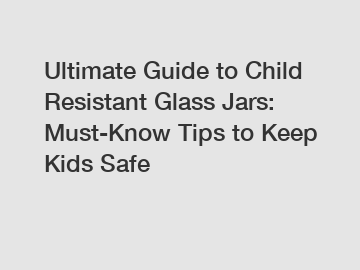
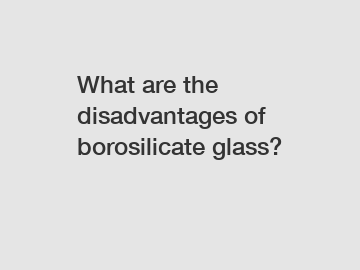
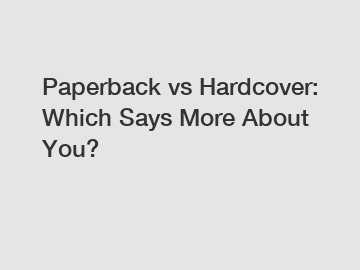
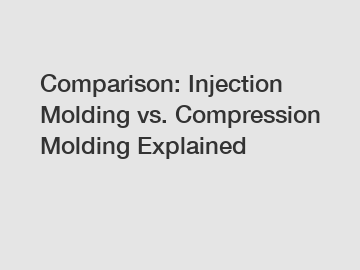
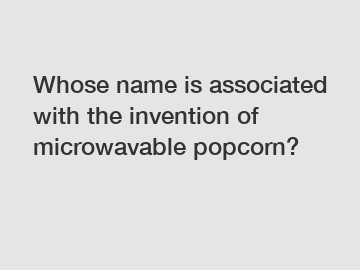

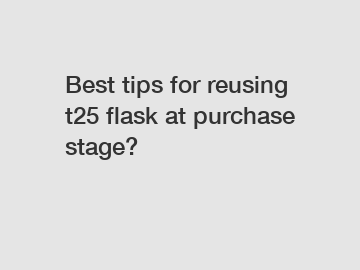
Comments
All Comments (0)